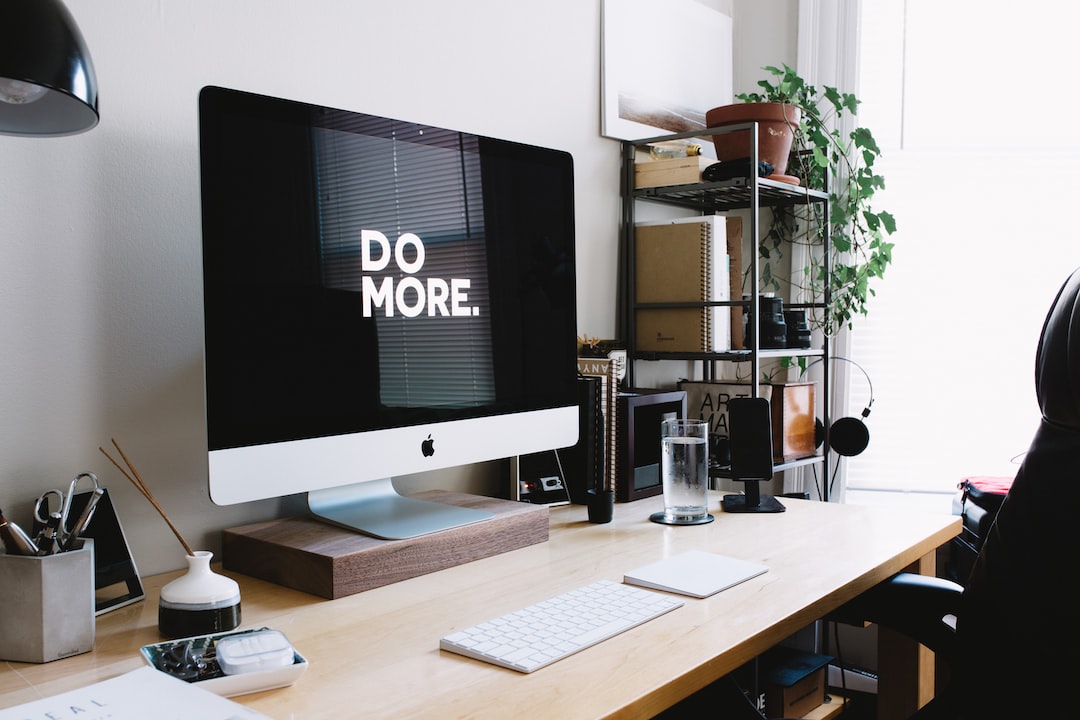The Impact of Social Media on Mental Health: How to Find Balance in a Digital Age
Social media has become an integral part of our lives, allowing us to connect, share, and engage with others on a global scale. However, as with any tool, there are both positive and negative aspects. In recent years, concerns have grown about the impact of social media on mental health. It is crucial to understand these effects and find ways to maintain a healthy balance in this digital age.
One of the primary concerns surrounding social media is its potential to negatively impact mental health. Studies have shown that excessive use of social media platforms can lead to feelings of anxiety, depression, loneliness, and low self-esteem. Constant exposure to carefully curated highlight reels of other people’s lives can create a distorted perception of reality, causing individuals to compare themselves and their achievements to others. This can lead to feelings of inadequacy and a decline in mental well-being.
Moreover, the addictive nature of social media contributes to the deterioration of mental health. The constant urge to check notifications and engage with others online can disrupt sleep patterns, hinder productivity, and increase stress levels. Additionally, the digital world provides an avenue for cyberbullying, online harassment, and the spread of negative behavior, further affecting mental well-being.
Finding a balance is crucial to mitigate the negative impact of social media on mental health. Here are some practices to consider:
1. Set time limits: Allocate specific time slots for social media usage and avoid mindlessly scrolling through feeds. This encourages mindful engagement and ensures that social media does not dominate your time.
2. Diversify activities: Explore other hobbies and activities that do not involve digital screens. Engaging in offline pursuits can help alleviate the stress and pressure associated with social media.
3. Curate your feed: Unfollow accounts that make you feel inadequate or trigger negative emotions. Instead, follow pages that inspire and uplift you, promoting a more positive online experience.
4. Practice self-care: Prioritize self-care activities such as exercise, mindfulness, and establishing a routine that includes time away from screens. These practices can help improve overall mental well-being.
5. Seek support: If you find yourself struggling with the impact of social media on your mental health, consider seeking support from friends, family, or a mental health professional. They can provide guidance and help you navigate these challenges.
In conclusion, social media has undeniably revolutionized the way we connect and communicate. However, it is essential to recognize the impact it can have on mental health and take steps to find balance in this digital age. By implementing healthy habits and being mindful of our digital consumption, we can reduce the negative effects of social media and prioritize our mental well-being. Remember, s5.dk, it is up to us to use social media as a tool for positive connection rather than allowing it to consume us.
